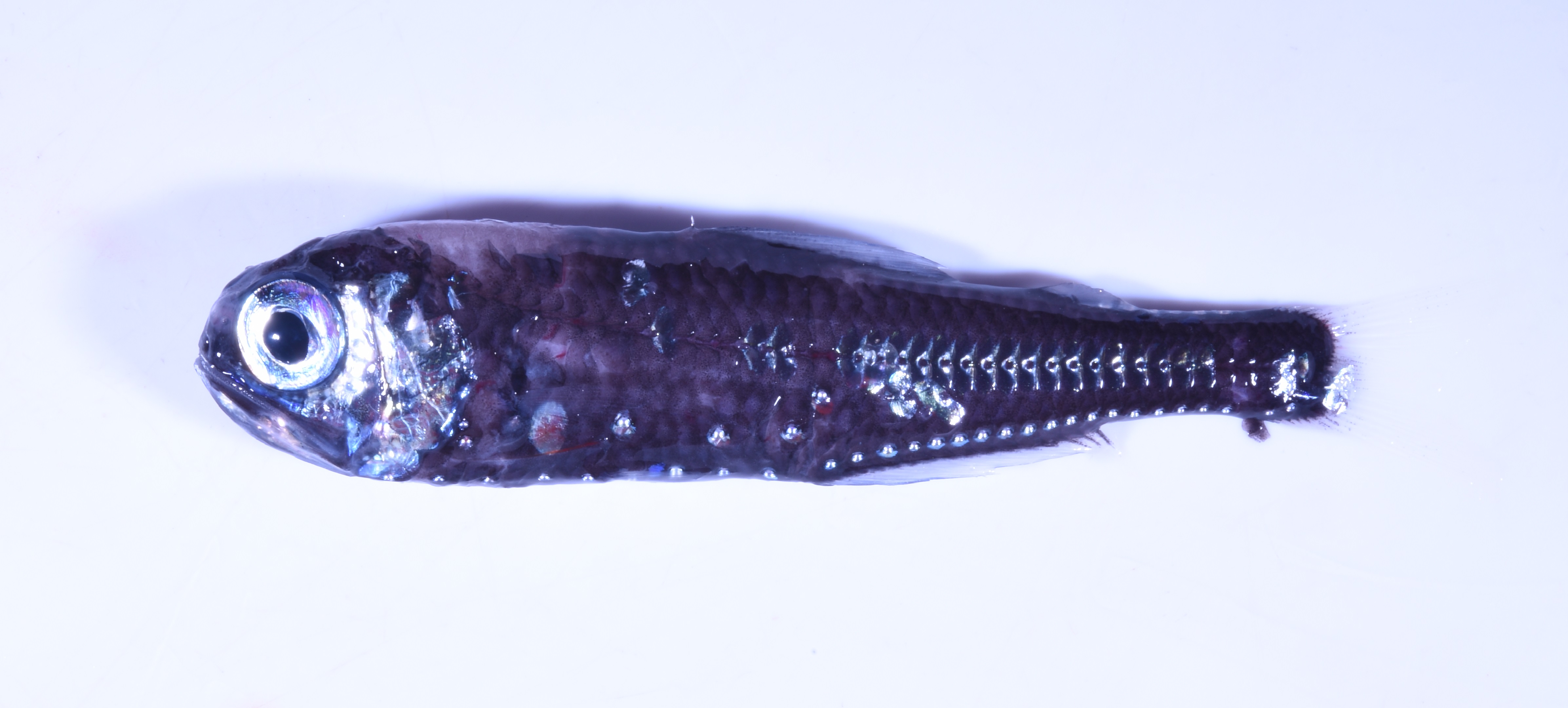Lanternfish reveal how ocean warming impacts the twilight zone
A new study from the British Antarctic Survey shows how lanternfish, small bioluminescent fish, are likely to respond to the warming of the Southern Ocean.
Lanternfish are one of the most abundant groups of organisms in the oceans and inhabit the ‘twilight’ zone, the part of the ocean between 200 – 1000 metres which only a small amount of sunlight reaches. They are an important part of the Southern Ocean food web and feed Southern Ocean predators, including penguins and seals. The study, which is published (online) in the journal The American Naturalist, found that if ocean warming trends continue there may be changes in the distribution of lanternfish species which will impact these predators.

The team studied patterns in the body size of lanternfish in relation to temperature and latitude across the Scotia-Weddell sector of the Southern Ocean. By examining net samples and in situ temperature measurements from recent research surveys (2006-2009), it was found that lanternfish body size increases with decreasing temperature and increasing latitude. This shows that a greater body size is vital for these organisms to survive in the colder regions further south.
These findings reveal that ocean warming may have implications for the ‘twilight’ zone. Warmer waters will allow many smaller sub-Antarctic species to reach the far south, possibly displacing the larger Antarctic species presently there. Such small fish will be less energy rich than their larger counterparts, which will have consequences for the penguins and seals that depend on them.
Lead author Dr. Ryan Saunders says:
“Understanding how lanternfish are governed by their environment is an important step to being able to predict how the Southern Ocean ecosystem will respond to future change”.
The work was carried out as part of the Ecosystems programme at the British Antarctic Survey, which examines the operation of Southern Ocean food-webs and their sensitivity to climatic variability and change. Lanternfish remain relatively understudied in the Southern Ocean, but are increasingly being recognised as an important alternative food source to Antarctic krill for many Southern Ocean predators. At present there is no developed fishery for lanternfish although they are receiving increasing international interest as a potential source of fishmeal.
Read the paper here.